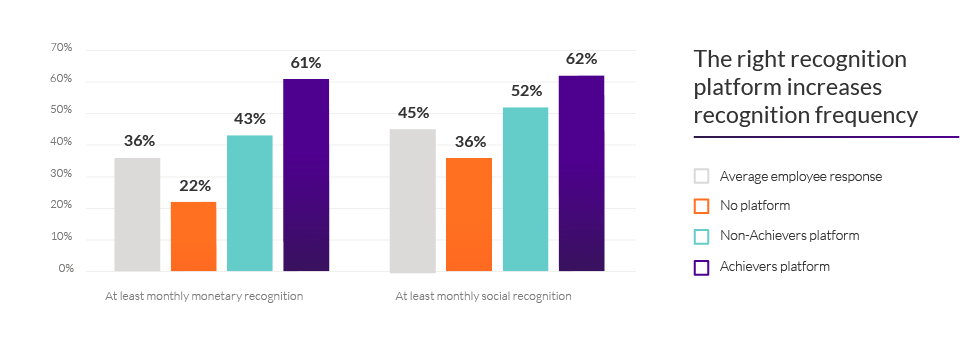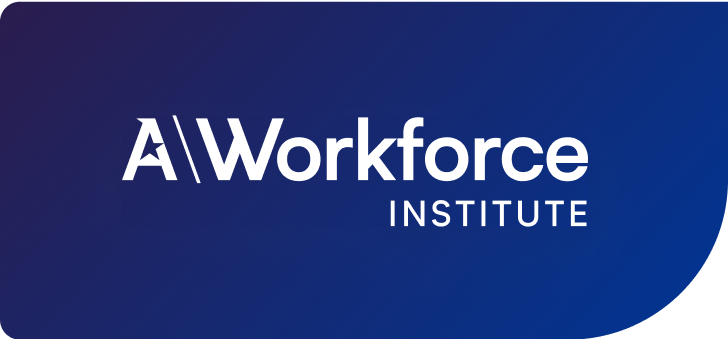Building a business case for employee recognition during a recession
Updated on June 12, 2023

This resource is brought to you by:
Topics Covered:
Rewards and recognition
The global economy faces increasing uncertainty and business leaders are understandably concerned about how to keep their organisations afloat. With 77% of HR leaders expressing worry about a recession, and only 24% feeling confident in their company’s preparedness, it’s clear that new strategies are needed to navigate these challenges.
The business world is not new to managing through recessions but there are new patterns at play that require different approaches from organisations. One such pattern is the continued shortage of talent, with 66% of HR leaders saying that the labor shortage is getting worse. This is compounded by a historically low unemployment rate in the US, currently hovering around 3%, which presents a challenge for businesses looking to attract and retain top talent.
So how can businesses rise to the challenge of economic uncertainty and talent shortages? One smart investment is a recognition platform that drives frequent and meaningful recognition.
What challenges are HR leaders facing in 2023?
In 2023 HR leaders are facing new challenges around balancing employee expectations and organisational needs. Company leaders must make tough decisions so the organisation can survive and thrive through the downturn. Employees feel a lot of uncertainty about the future and at the same time are not willing to compromise on job factors such as flexibility and career progression, which are considered non-negotiable now.
Can recognition drive engagement for an offline population?
Frequent recognition drives engagement for offline populations. AWI research shows that offline workers (those who must do their job onsite) who are recognised weekly are 56% more likely to be engaged compared to average and are more than twice as likely to be engaged as those never recognised.
What is the impact of frequent recognition on productivity for remote workers?
The impact of frequent recognition on productivity for remote workers is strong and positive. Remote workers who receive at least monthly monetary recognition are 42% more likely to report being productive at work compared to the average remote employee and are more than twice as those never recognised to say they are productive at work.
Which recognition platform drives the highest active usage and recognition frequency?
AWI research shows that the Achievers recognition platform drives the highest active usage and recognition frequency. Achievers users are up to 45% more likely to report receiving at least monthly recognition, compared to those using other platforms. Less than half of users of other platforms receive at least monthly monetary recognition, compared to two-thirds of Achievers users.

Recognition can outweigh the negative impact of necessary business decisions
The 2023 State of Recognition research, based on a survey of 4,900 employees including 1,400 HR leaders, found seven areas where feeling recognised acted as a protective factor.
More than half of employees agree that feeling recognised for their efforts would:
- Inspire them to be more productive in their role
- Help balance a heavy workload
- Reduce their desire to job hunt
- Help maintain morale during layoffs
- Reduce their likelihood of accepting a call from a headhunter
- Mitigate the impact of an understaffed team
- Reduce the negative impact of a salary below their expectations
The right recognition platform, driving frequent meaningful recognition, is a smart investment that delivers results. This one pager on the business case for recognition in an economic downturn is your starting point to educate your stakeholders and get internal buy in.
Find out how Achievers can help you meet your business objectives.

Join our mailing list
Stay up to date with the latest in workforce science from Achievers Workforce Institute.
